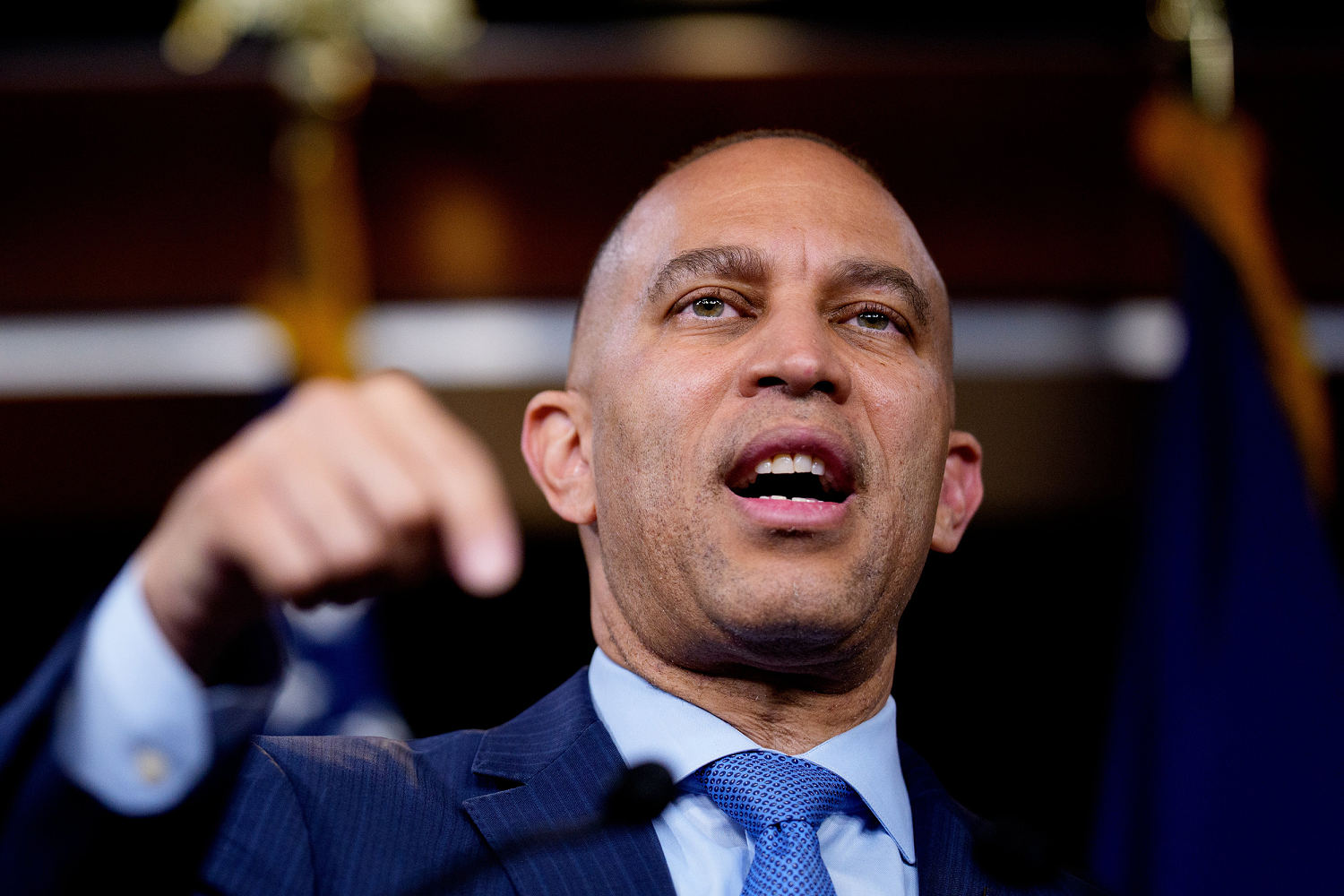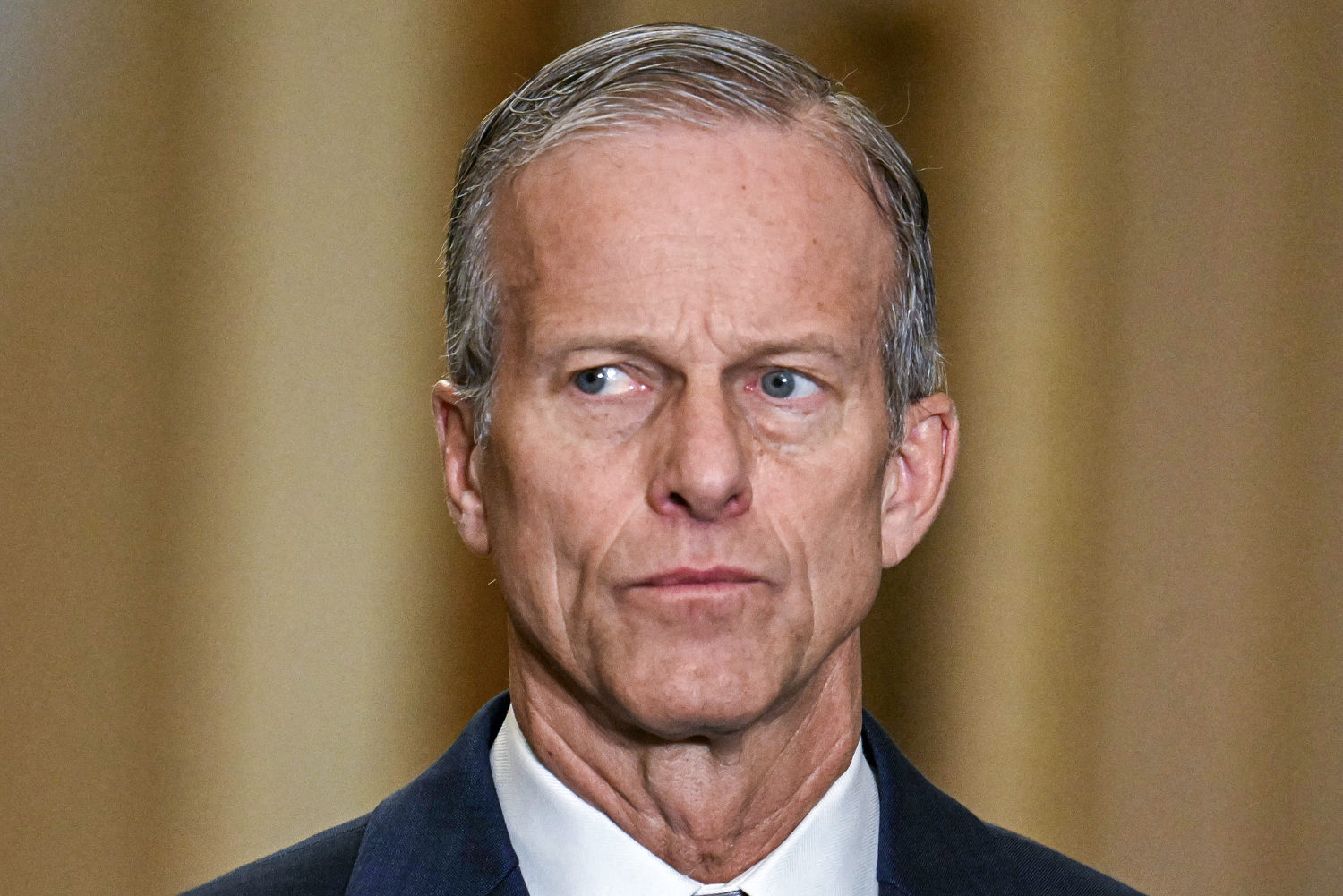U.S. manufacturers are sounding worried about the Trump administration’s trade policies ahead of a hotly anticipated announcement on tariffs that’s expected from the White House on Wednesday.
Makers of chemical products, electronics, metals, machinery, foods and transportation equipment all expressed concerns about tariffs in Tuesday’s manufacturing purchasing managers index from Institute for Supply Management (ISM), a monthly business survey.
The survey showed manufacturing activity contracting in March, continuing a 26-month downward trend after expansions in January and February.
“Customers are pulling in orders due to anxiety about continued tariffs and pricing pressures,” one survey respondent in the computer and electronics sector said.
“[We are] starting to see slower-than-normal sales in Canada, and concerns of Canadians boycotting U.S. products could become a reality,” another respondent in the food and beverage sector said.
Another manufacturer said the limited tariffs President Trump has already implemented, which include a 20-percent tariff on certain Chinese imports and select goods produced in Canada and Mexico, are starting to eat into profits, as are retaliatory tariffs from nations targeted by Trump.
“Newly implemented tariffs are significantly impacting gross profits. Canada’s new tariffs on U.S. goods are significantly impacting orders from that country,” the person said.
Apprehensions about business conditions have shown up in other recent business surveys as well.
The National Federation of Independent Business’s (NFIB) February survey clocked the second-highest reading ever in its uncertainty index.
“Uncertainty is high and rising on Main Street,” NFIB pollsters wrote. “Confidence that the economy will continue to grow is fading.”
Federal Reserve Chair Jerome Powell said earlier this month that Trump’s tariffs could delay further progress on inflation. The central bank is on track for two additional quarter-point interest rate cuts this year, but is currently in the middle of a pause due to recent a uptick in inflation and different policy uncertainties.
“There’s probably some elevated uncertainty because of significant policy shifts in those four areas that I mentioned: tariffs, immigration, fiscal policy, and regulatory policy,” he said during a press conference earlier this month.
Both the NFIB and ISM surveys noted a recent accumulation of inventories.
“Inventories growth is a temporary move to avoid tariffs,” Timothy Fiore, chair of ISM, wrote in a commentary.
“With more owners viewing stocks as excessive than too low, inventory accumulation will be weak,” the authors of the February NFIB survey wrote.
Similar to what's happening in business sentiment, consumer sentiment has also taken a hit in recent month, as measured in various surveys. Both the New York Fed's Survey of Consumer Expectations and the University of Michigan's benchmark survey showed increasing pessimism about financial conditions among households.













